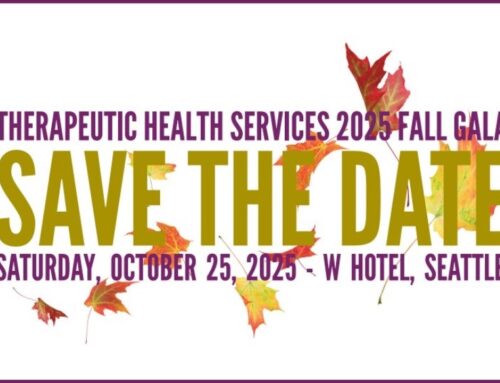Daylight savings means the days are getting shorter and darker while the weather gets cold and gloomy. For millions of Americans, this means the start of a familiar feeling of being sad, tired and not wanting to do anything. Commonly recognized as Seasonal Affective Disorder (SAD), this winter depression typically starts mid-fall and ends mid-spring and can exist on its own or with other mental illnesses and disorders. Scientists aren’t sure exactly what causes SAD, but they believe it’s due to the lack of sunlight we receive during winter. This disrupts our body’s internal clock which can make some feel sad and tired among other things.
Do I have Seasonal Affective Disorder?
Here are some common symptoms of SAD:
- feeling sad, moody or hopeless about life
- a change in appetite or weight, either no appetite or increased appetite
- feeling tired all the time even if you sleep a lot
- losing interest in the things you normally find fun
- feeling unable to focus
These symptoms can vary in severity, causing some people to struggle to get through their day and others to feel generally unhappy. Regardless of your symptoms, there are options for you to get relief. If you’re experiencing some of the symptoms above, it’s always a good idea to talk to your doctor.
NOTE: If you find yourself struggling with thoughts of suicide or harming yourself, it’s important to reach out to someone who can help you. Call 988 to reach the Suicide Prevention Lifeline, call 911 if you fear you may be about to harm yourself, or get in touch with a loved one if you’re dealing with thoughts of wanting to end your life but know that you have no plan or true desire to do so.
What Can I Do To Feel Better?
Here are some common methods to get relief from Seasonal Affective Disorder:
- exercise regularly
- get more vitamin D or take vitamin D supplements
- try light therapy
- discuss antidepressant options with your doctor
- prioritize spending time with loved ones
- spend time outdoors, especially if the sun is out
- avoid using alcohol to cope
- write in a journal
You Deserve To Get Help
No matter when or how depressed you’re feeling, nobody deserves to suffer. Talk to your doctor about how you’re feeling or if you’re in the Greater Seattle area, consider requesting a mental health appointment with THS. Click on the link to begin your journey to Get Help today: https://ths-wa.org/get-help/


